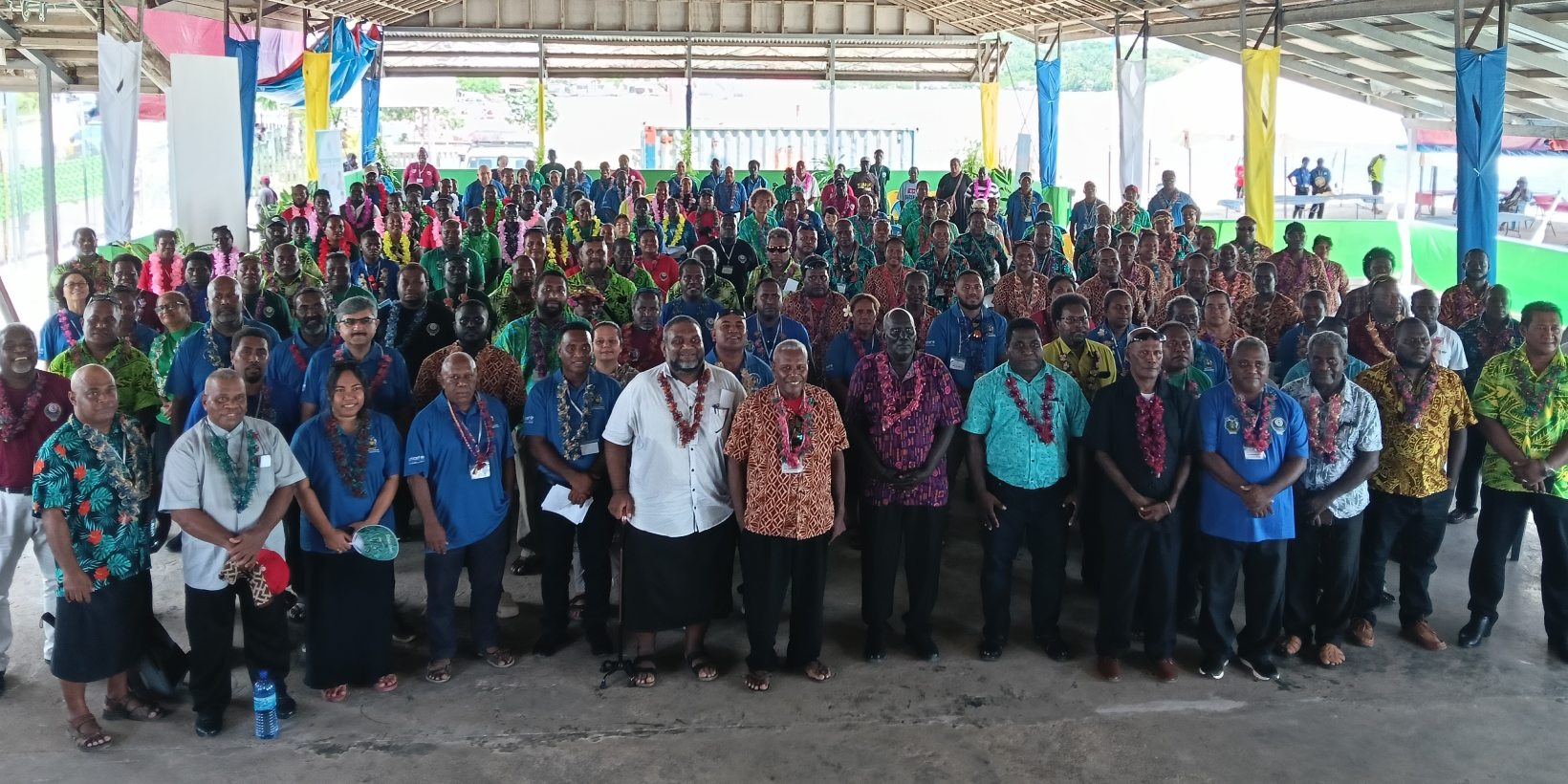The lack of prioritising mental health in the country’s national health system has been described as a “missing link” in Solomon Islands’ overall healthcare framework.
A senior medical practitioner has voiced serious concern over this situation during an interview with the Solomon Star
The doctor, who requested anonymity, said while the Ministry of Health and Medical Services (MHMS) continues to invest in infrastructure, primary healthcare, and communicable disease control, mental health remains largely overlooked.
He said mental health services in provincial hospitals are “almost non-existent,” with limited trained personnel and minimal public awareness campaigns to address the growing issue.
“The mental health component is missing in many of our health programs,” he said.
“We continue to see increasing cases of depression, substance abuse, and suicide-related issues, but there’s no structured approach to deal with them.”
The doctor added that the absence of proper facilities and trained professionals means many patients are either untreated or misdiagnosed, worsening their conditions.
He urged the national government to develop a comprehensive mental health policy, integrate it into all levels of healthcare, and allocate adequate resources for community-based support and treatment.
“Health is not just physical — mental health is equally important. Without addressing it, our national health system remains incomplete,” he emphasized.
The doctor, who has 20 years of experience, said mental health work is often the last priority in the health sector, as many consider it an unattractive profession.
“In Solomon Islands, there are only two psychiatrists in the country. It’s a very demanding and unattractive job, and few are willing to take it up,” he explained.
He further called on key stakeholders to collaborate more effectively to strengthen the mental health sector.
“At the moment, the approach is still informal and needs to be re-formalized,” he said.
The concern arose following the recent National Health Settings Conference held in Gizo last month, where mental health was notably absent from the agenda.
It was revealed that doctors, police, and correctional officers—who often deal with mentally ill persons—were not invited to participate in the conference.
Meanwhile, in August, a two-day mental health training was successfully held at Tinokae Rest House in Gizo, organized by the Western Provincial Health and Medical Services under its Mental Health Program.
The training attracted more than ten participants, including health workers, police, and correctional officers.
Dr. Rex Mo’ukera, Supervisor of Psychiatry at the MHMS, said the training supports the National Health Strategic Plan 2022–2031, aimed at improving access to quality care nationwide.
He said the program helped strengthen collaboration among key stakeholders in managing mental health patients within their communities.
The concern echoes calls from international health organizations urging Pacific Island nations to strengthen mental health systems, particularly in rural and remote areas where access to care is limited.
Records from the Gizo Hospital Mental Ward show around 400 patients visit the Mental Health Unit each year — a sharp increase compared to previous years.
At the National Referral Hospital in Honiara, 2,893 outpatient visits were recorded at its mental health clinic in 2024, highlighting the growing demand for mental health services nationwide.
By ULUTAH GINA
Solomon Star Gizo









